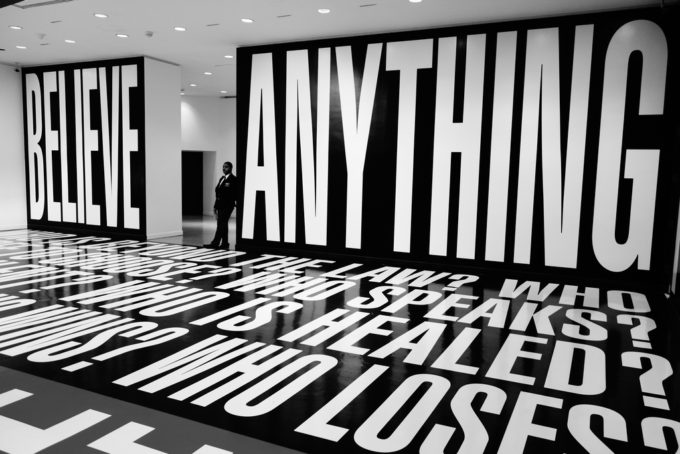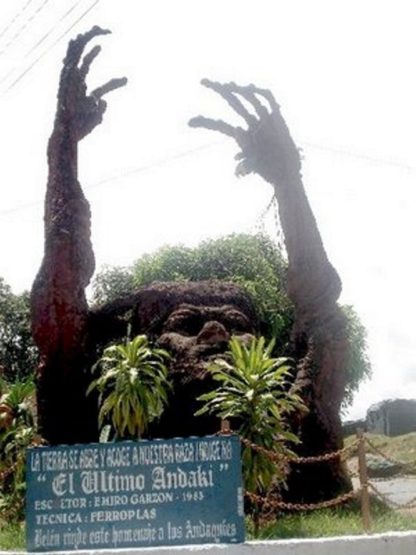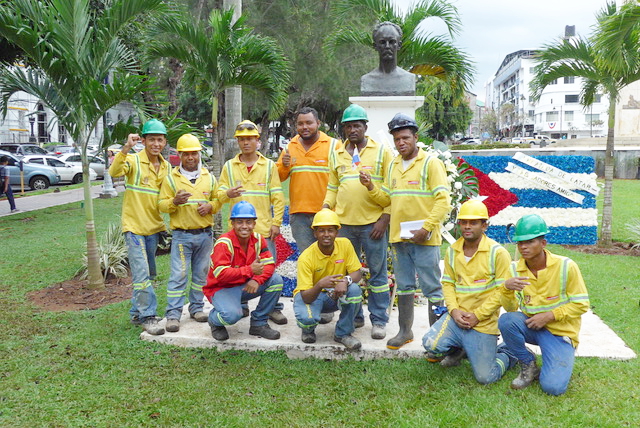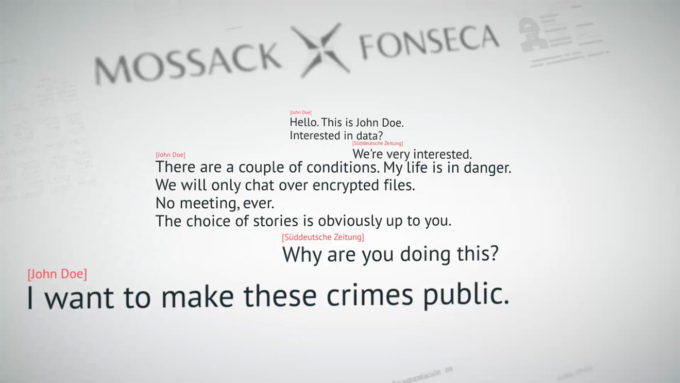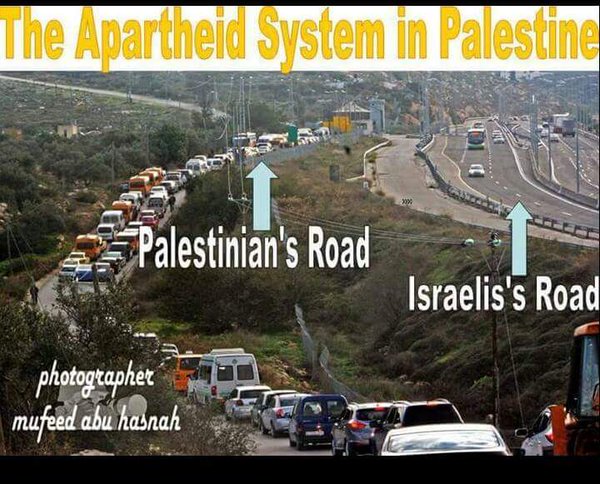
The Arabs did it
When my parents married in Germany, just before World War I, among the gifts was a document attesting that a tree had been planted in their name in Palestine.
My father was an early Zionist. Popular Jewish humor in Germany at that time had it that “a Zionist is a Jew who wants to take money from another Jew in order to settle a third Jew in Palestine.” My father certainly was not planning to go to Palestine himself.
Palestine was then a country bereft of ornamental trees. The Arab inhabitants cultivated olive trees, from which they made their scant living, and at that time the citrus trees were introduced. The olive tree is native — already in the Biblical story of Noah’s ark, the dove fetches an olive leaf as a sign of life.
According to popular legend, during that war the Turkish administration cut down the trees in order to build a railway across the Sinai peninsula and dislodge the British from the Suez Canal. However, the British crossed the Sinai in the other direction and conquered Palestine.
After that war the Zionists started to come to the country en masse. Among many other things, they started to plant trees in large quantities. Real forests sprang up, though compared with Russian or European forests they were pitiful.
The Zionists did not ask themselves why the country was bereft of so many kinds of trees. The obvious answer was that the Arabs didn’t care, that’s just the kind of people they are. No love for the country. No love for trees.
The Zionist movement was full of self-confidence. They could do anything they set their mind to. They hated the Palestinian landscape as it was. They were going to create a different country. When David Ben-Gurion, a 20-year old youngster, landed at Jaffa in 1906, he was utterly disgusted. “Is this the land of our fathers?” he cried out.
So the Zionists set out to change the landscape. They imported beautiful trees from all over the world and planted forests wherever they could: along the road from Tel Aviv to Jerusalem, on Mount Carmel and many other places. They were beautiful.
The new immigrants did not ask themselves why the country, which had been populated since the beginning of time and remained so continuously to this day, had been so empty of these kinds of trees. Obviously, it was the fault of the Arabs.
Actually, the reason was quite different. Palestine suffers from an extreme shortage of rainfall. Every few years or so there is a drought, the country dries up, and fires break out all over the place. The trees which are not suited to this country just burn up.
Six years ago there was a warning. A large fire broke out on Mount Carmel. It consumed large portions of the forest and killed 47 policemen, who were caught by the fire while on their way to evacuate a prison.
Two weeks ago it happened in earnest. For eight months there was hardly a drop of rain. A strong, hot, east wind blew in from the desert. The land dried up. Any little spark could have started a major fire.
Suddenly the land was on fire. About 150 separate fires broke out, many of them near Haifa, Israel’s third largest town. Haifa is beautiful, rather like Naples, and several of its suburbs are surrounded by trees. No one had thought about safe distances or such.
Several neighborhoods caught fire. Almost eighty thousand inhabitants had to be evacuated, leaving their life-long belongings behind. Many apartments were destroyed by fire. It was heart-breaking.
The fire-fighters did their best. They worked around the clock. No lives were lost. With hoses on the ground and light fire-fighting airplanes in the air, they gradually brought the calamity under control.
How did the fires break out? Under the prevailing climatic conditions, any little spark could have caused a major disaster. A campfire not properly extinguished, a burning cigarette thrown from a passing car, an overturned hookah.
But that is not dramatic enough for news media, and even less for politicians. Soon enough the country was full of accusations: The Arabs Did It. Of course. Who else? TV was full of people who had actually seen Arabs setting forests alight.
Then Binyamin Netanyahu appeared on screen. Clad in a fashionable battle-dress, surrounded by his minions, he declared that it was all the work of Arab terrorists. It was an “Intifada of Fire.” Fortunately, Israel has a savior: he himself. He had taken control, summoned an American supertanker and several other foreign fire-fighting planes. Israelis could go back to sleep.
In reality, all this was nonsense. The brave fire-fighters and policemen had already done their job. Netanyahu’s intervention was superfluous, indeed harmful.
During the last great fire, six years ago, on the Carmel, Netanyahu had played the same role and summoned a giant American fire-fighting plane. It had done a good job over the forest. This time, near human neighborhoods, it could do nothing. In settled neighborhoods, the super-tanker was useless. Netanyahu summoned it, had himself photographed with it, and that was that.
The accusation of the Arab citizens as responsible for the catastrophe was much more serious. When Netanyahu raised it, he was widely believed.
The semi-fascist minister of education, Naftali Bennett, argued that the fire proved that the country belongs to the Jews, since the Arabs had set it on fire.
Many Arab citizens were rounded up and interrogated. Most were released. In the end it appeared that perhaps about two percent of the fires were started by Arab youngsters as acts of revenge.
Haifa is a mixed city, with a large Arab population. Generally, relations between Arabs and Jews there are good, sometimes even cordial. The two communities faced the new danger together, Arab villages opened their homes to Jewish refugees from the fire. Mahmoud Abbas, the chief of the Palestinian Authority in the occupied territories, also sent his firefighters into Israel to help out.
Netanyahu’s incendiary speeches, making wild (and quite unproven) accusations against the Arab citizens and against Arab workers from the occupied territories, did not catch on.
So this political fire, too, was suppressed before it could do too much damage. As the days pass, the accusations recede, but the damage they caused remains.
(When I served in the army, long ago, my company was awarded the honorary title “Samson’s Foxes.” Samson, the biblical hero, attached firebrands to the tails of foxes and sent them into the fields of the Philistines.)
The fire should provide food for thought.
If Netanyahu and his minions are right and “the Arabs” are intent on throwing us out of the country by any means, including fire, what is the answer?
The easy answer is: Throw them out, instead.
Logical, but impracticable. There are now more than six and a half million Arab Palestinians in Greater Israel — Israel proper, the West Bank (including East Jerusalem), and the Gaza Strip. The number of Jews is about the same. In today’s world, you just cannot expel such numbers.
So we are condemned to live close together — either in two states, a proposal rejected by Netanyahu, or in one state, which would be either an apartheid state or a bi-national state.
If one believes, as Netanyahu and his followers do, that every Arab is a potential “fire terrorist” — how will anyone in the joint state be able to sleep at night?
Only some Arabs have guns. Only some have cars, with which to run over Jews. Only some can make explosives. But everyone has matches. Given a dry season, the sky is the limit.
By the way, just by chance, this week I saw a German TV program about a Swiss village, high up in the Alps. From time to time, a very dry hot wind, called Foehn, blows over it from the south. Twice in living memory the village has burnt down. All without an Arab in sight.
In Israel, the fire brigades belong to the local authorities, providing patronage and salaries to local party hacks.
In June 1968, as a young member of the Knesset, I came up with a revolutionary proposal: to abolish all the local fire-fighting departments and set up a united, national fire-fighting service, like the police. Such a force, I argued, could plan for all eventualities, prepare adequate equipment and allocate the necessary resources.
Contrary to their habit of heaping abuse on my proposals, my adversaries took this one seriously. The minister in charge acknowledged that it was a good idea, but added that “its time has not yet come.”
Now, 48 years later, the time has evidently still not arrived.
Instead, the Great Fire has.
~ ~ ~
These announcements are interactive. Click on them for more information.












